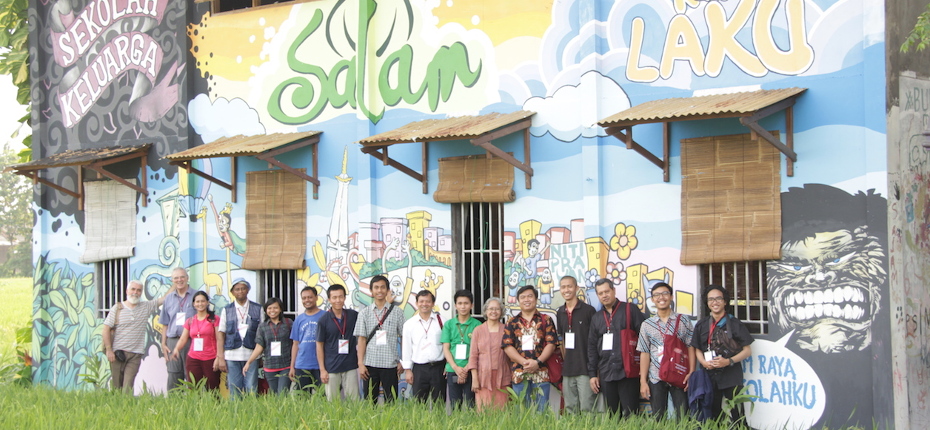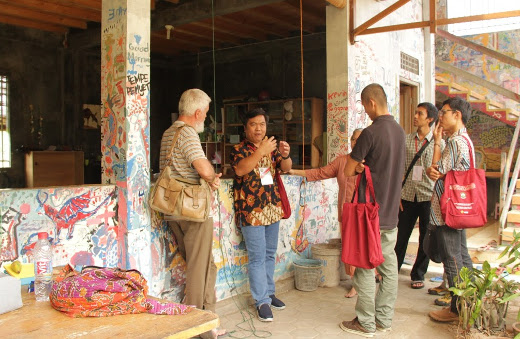
There is a widespread lack of basic government services in many cases. While it can be argued that there are government commitments and celebrated successes in Asia, state suppression or sell out in some countries, corporate takeovers and the impact of globalisation are increasing the vulnerability of communities on the margins. The unresolved murders of so many indigenous persons over the last year in the Philippines alone highlight the problems, along with the displacement of thousands of families from their homes and land.
There often exists in upland communities a general sense of exclusion or diminishment. One does not aspire; one seeks to survive. In some cases, the communities can be outspoken, but that does not necessarily result in social inclusion. There has to be an attitudinal change on all sides.
In the Philippines, there is also the shameful situation that there is illegal drug activity in most villages. According to the Philippine Drug Enforcement Agency, 92 percent of Metro Manila’s villages and more than 50 percent in the provinces are affected.

They have no family safety net, no skills and their options in life are very limited, given early relations and family responsibilities. The young women are better able to get jobs working in a household and prefer to marry in the city. Options for the young men are: follow a buffalo if you have one, take a risk in the city and see if you survive, or join an armed group and become socially invisible. Even if they wanted to be, they cannot be a techno “couch potato” but, unfortunately, an istambay (young men who do nothing all day). Yet, like everyone else in the fullness of life, they are called to make a mark.
Why are the youth seeking change and how is it they can change? They are alive to experience more than to ideas; they are challenged by active learning more than by academics; they are afraid but don’t want to be, and when asking “who am I?” they want to find another self.
It is often difficult for the youth to see a way of participating in community and in persevering, given the exclusion they experience. How to get them to hold their head up, question the world with openness and hope, and so go deeper are the subsequent challenges. They have to see themselves in this world, connected; they have to practise speaking in a village meeting, talking with a foreman or government official, learning to ask questions with hope, being connected in their ancestral domain. Perhaps this is where we get the most positive feedback from parents, villagers and officials, when the youth, upon returning to their families and communities, act when they see a gap in their communities. In asking questions, the youth participate and take up responsibility.
Not all the youth will find the commitment and the mark, and learn to share a vision, but all of these youth we seek to accompany as best we can.
This article is based on a presentation by Fr Pedro Walpole SJ, JCAP Coordinator for Reconciliation with Creation, at the JCAP sustainability conference held in Yogyakarta, Indonesia from August 8 to 10, 2016.






